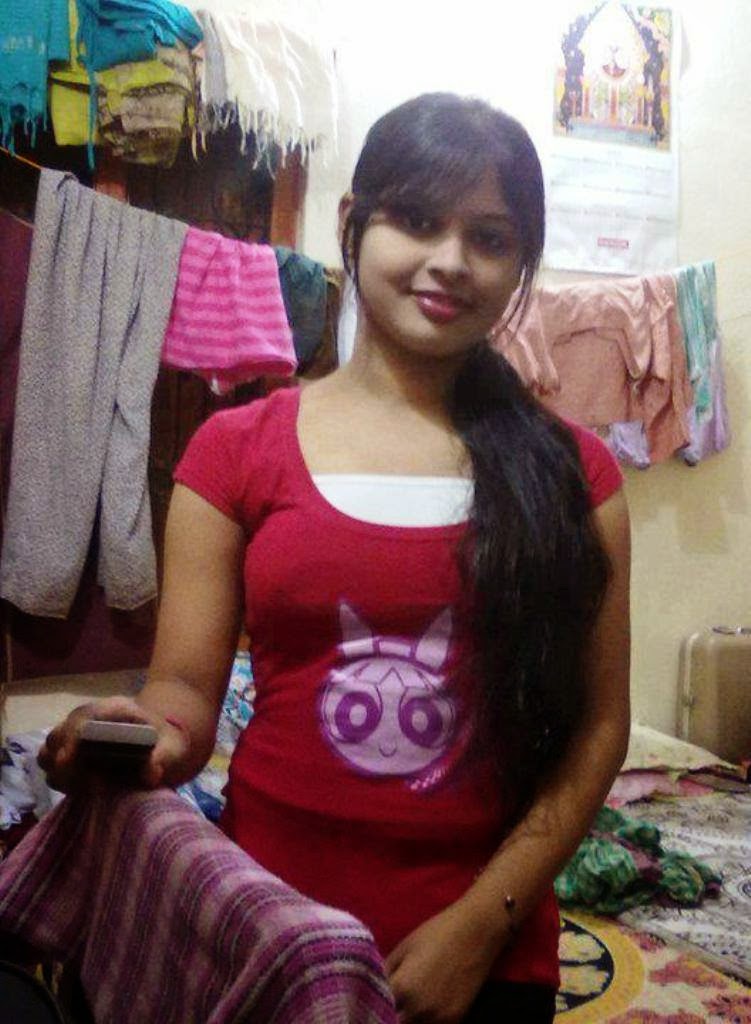My Desi.net: Your Ultimate Guide To Indian Cuisine And Culture
Welcome to My Desi.net, a comprehensive platform dedicated to exploring the rich tapestry of Indian cuisine and culture. With a myriad of flavors and traditions, Indian food is not just about sustenance but is a celebration of life. In this article, we will delve deep into the world of Indian dishes, culinary techniques, and the cultural significance behind them. We aim to provide you with an enriching experience that goes beyond just recipes.
This article will cover various aspects of Indian cuisine, from traditional recipes to modern twists, and the cultural context that shapes these culinary practices. Whether you are a seasoned chef or a curious beginner eager to learn about the diverse flavors of India, our guide will equip you with the knowledge and skills needed to appreciate and create authentic Indian dishes.
So, if you are ready to embark on a culinary journey, let’s dive into the vibrant world of My Desi.net and discover all that it has to offer!
Table of Contents
- Introduction to Indian Cuisine
- Biography of Indian Cuisine
- Cooking Techniques in Indian Cuisine
- Exploring Regional Cuisines
- Popular Indian Dishes You Must Try
- Cultural Significance of Indian Cuisine
- Healthy Indian Food Options
- Conclusion
Introduction to Indian Cuisine
Indian cuisine is known for its bold flavors, vibrant colors, and diverse ingredients. It reflects a rich history influenced by various cultures, religions, and regions. The cuisine is characterized by the use of a variety of spices, herbs, and cooking techniques that create unique flavor profiles.
Biography of Indian Cuisine
Indian cuisine has evolved over thousands of years, with roots tracing back to ancient civilizations. The blending of various cultural influences has resulted in a culinary landscape that is both diverse and rich. Below is a brief overview of the evolution of Indian cuisine:
| Time Period | Influence | Description |
|---|---|---|
| Ancient Times | Indus Valley Civilization | Use of grains, legumes, and spices. |
| Medieval Times | Mughal Influence | Introduction of rich and aromatic dishes. |
| Colonial Era | British Influence | Fusion of Indian and British cuisines. |
| Modern Times | Global Influence | Integration of international flavors and techniques. |
Cooking Techniques in Indian Cuisine
Indian cooking is not just about following recipes; it involves a variety of techniques that enhance the flavors and textures of the dishes. Here are some essential cooking techniques used in Indian cuisine:
- Tadka (Tempering): A method of infusing oil with spices to enhance the flavor of dishes.
- Dhungar (Smoking): A technique to impart a smoky flavor to dishes.
- Bhuna (Sautéing): Cooking spices and ingredients over high heat to develop deep flavors.
- Slow Cooking: Allowing flavors to meld together over low heat for a prolonged period.
Exploring Regional Cuisines
India is a vast country with diverse cultures and traditions, which is reflected in its regional cuisines. Each region has its unique style of cooking and signature dishes. Here’s a look at some prominent regional cuisines:
North Indian Cuisine
Characterized by rich gravies and use of dairy products, North Indian cuisine includes dishes like butter chicken, naan, and biryani.
South Indian Cuisine
Known for its use of rice and lentils, South Indian cuisine features dishes like dosa, idli, and sambar, often accompanied by coconut chutney.
East Indian Cuisine
East Indian cuisine is famous for its sweets and seafood, with dishes like fish curry and rasgulla.
West Indian Cuisine
Known for its vibrant spices and flavors, West Indian cuisine includes dishes like dhokla, pav bhaji, and vindaloo.
Popular Indian Dishes You Must Try
While there are countless dishes to explore, here are some popular Indian dishes that everyone should try:
- Biryani: A fragrant rice dish cooked with spices and marinated meat or vegetables.
- Paneer Tikka: Grilled paneer marinated in spices, served as a starter.
- Chole Bhature: Spicy chickpeas served with deep-fried bread.
- Samosa: A crispy pastry filled with spiced potatoes and peas.
Cultural Significance of Indian Cuisine
Indian cuisine is deeply intertwined with the culture and traditions of the country. Food plays an essential role in festivals, rituals, and family gatherings. Here are some cultural aspects of Indian cuisine:
- Festivals: Different festivals are celebrated with specific dishes that hold significance.
- Family Traditions: Recipes are often passed down through generations, preserving culinary heritage.
- Regional Celebrations: Each region has its unique dishes that are celebrated during local festivals.
Healthy Indian Food Options
Indian cuisine offers a variety of healthy options that are both delicious and nutritious. Some healthy dishes to consider include:
- Dal: Lentil dishes rich in protein and fiber.
- Raita: Yogurt mixed with vegetables, providing probiotics.
- Vegetable Curries: Packed with nutrients and flavor, often cooked with minimal oil.
- Quinoa Upma: A nutritious twist on traditional upma using quinoa instead of semolina.
Conclusion
In conclusion, My Desi.net serves as a gateway to the vibrant world of Indian cuisine. With a rich history, diverse regional specialties, and a plethora of cooking techniques, Indian food is an integral part of the culture. We hope this article has inspired you to explore and experiment with Indian cooking and appreciate the significance of each dish.
We invite you to share your thoughts in the comments below, share this article with fellow food enthusiasts, and explore more culinary delights on our website!
Thank you for joining us on this culinary journey through My Desi.net. We look forward to seeing you again as we continue to explore the flavors and traditions of Indian cuisine!
Article Recommendations
- Katmoviehd Action
- Www Masa49com
- Www Masa49 Com
- Aishah Sofey Leaked Of Nudes
- Kim Kardashian Pdiddy Sex Tape


